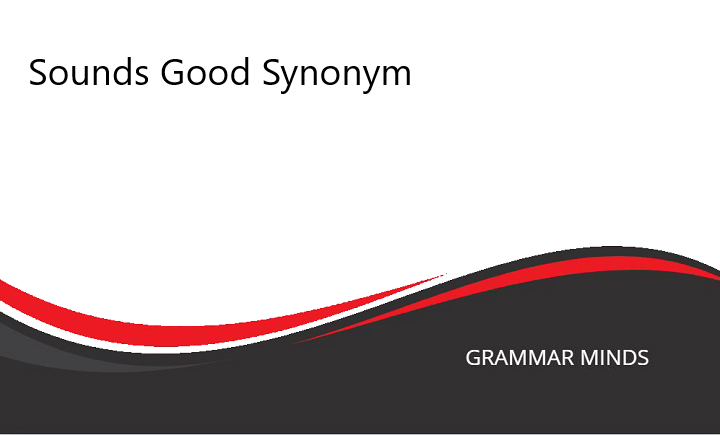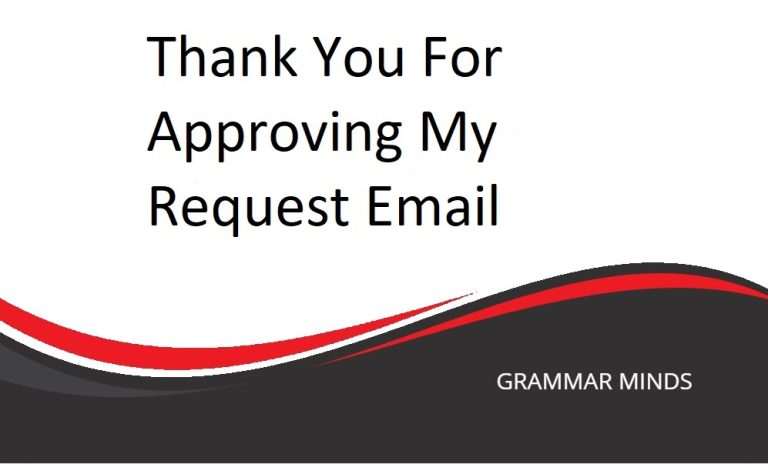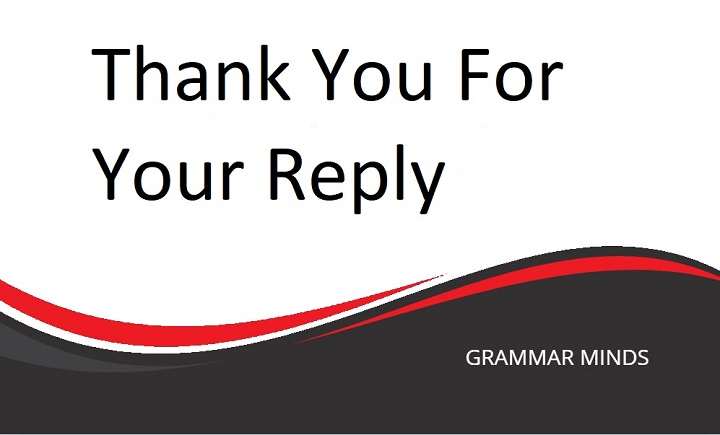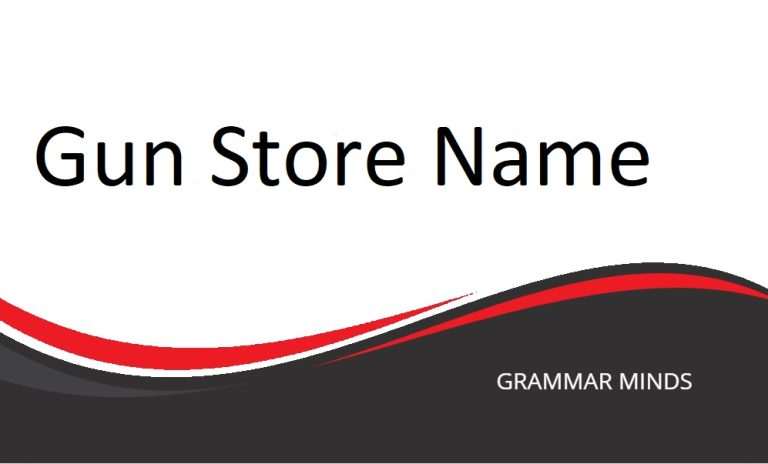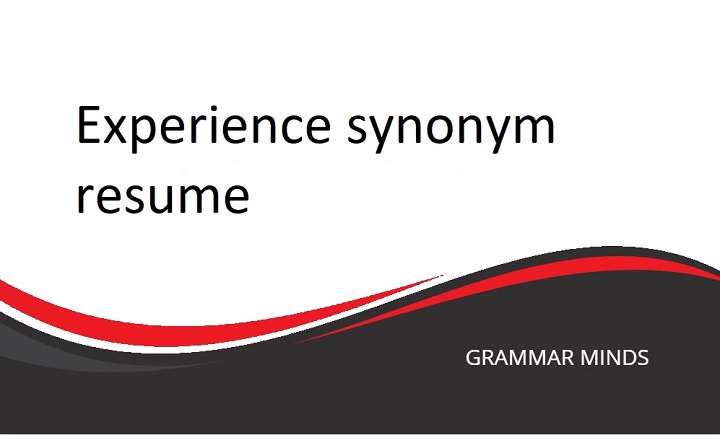We all strive to communicate effectively, whether it’s in a professional email, a casual conversation, or an important meeting. But, have you ever caught yourself overusing the phrase “sounds good” in response to emails, texts, or verbal exchanges? While it’s a perfectly fine expression, using it too frequently can make your language seem repetitive and, at times, less engaging.
Do you find yourself using the phrase “sounds good” repeatedly? Have you grown tired of this repetitive expression when communicating in your professional or personal life?
Don’t worry! We’ve compiled a handy list of alternative phrases that you can use to mix things up and sound more varied in your conversations. These alternatives will not only keep your language fresh but also convey a more precise tone based on the situation.
Other Ways to Say “Sounds Good”
- That Works for Me
- I Agree
- I’m On Board
- Looks Great
- Absolutely
- That’s Perfect
- I’m In
- Fine by Me
- Sure Thing
- Understood
Key Notes
“Sounds good” is grammatically correct and suitable for both formal and informal situations. However, it can sometimes feel a bit basic or overused, especially in professional settings.
You can use “That Works for Me” for formal situations, especially in emails or business meetings.
“I Agree” is a great informal alternative to “sounds good” for casual conversations.
Keep reading to discover how to use these phrases in both formal and informal situations, and see real-life examples of how they can be applied effectively.
That Works for Me
Usage:
If you’re looking for a more formal way to say “sounds good,” try using “That Works for Me.” This phrase conveys agreement without being overly casual, making it ideal for professional environments such as emails or meetings.
Example (in an email):
Dear Mr. Johnson,
Thank you for your detailed proposal. I’ve reviewed the document, and everything seems to be in order. Let’s proceed with the plan as discussed.
That works for me.
Best regards,
Emily
Why it works:
This phrase fits well in formal contexts where you need to confirm agreement while maintaining a professional tone. It’s slightly more polished than “sounds good” and reflects a more thoughtful response.
I Agree
Usage:
A more straightforward alternative to “sounds good” is “I agree.” This phrase works well in conversations, particularly in settings where agreement on an idea or plan is required. It can be used both formally and informally depending on the context.
Example (in a conversation):
Hey Alex,
I think we should go with the original plan for the project. I agree; it seems like the best course of action right now.
Let’s move forward with that.
Why it works:
“I agree” is a direct phrase that clearly expresses your approval or acceptance. It is perfect for formal emails and meetings but can also be used in casual conversations, making it a flexible option.
I’m On Board
Usage:
“I’m on board” is a great informal alternative to “sounds good.” This phrase works well in situations where you want to show support or excitement for an idea or plan, especially in collaborative projects or teamwork settings.
Example (in conversation):
Hey Sarah,
I was thinking about changing the presentation format to make it more interactive.
I’m on board! Let’s try it out and see how it goes.
Why it works:
This phrase adds a sense of enthusiasm and personal involvement, making it a great choice for team discussions or brainstorming sessions. It emphasizes that you are not just agreeing but actively supporting the idea.
Looks Great
Usage:
For situations where visual confirmation or approval is needed, “Looks great” is a fitting alternative to “sounds good.” It works well in design or project-based conversations, especially when reviewing visuals, documents, or plans.
Example (in an email):
Hi Team,
Thanks for sending over the revised layout. I’ve reviewed it, and it looks great.
Let’s move forward with these changes.
Why it works:
This phrase directly addresses the visual aspect of something being reviewed and provides a positive affirmation, making it ideal for contexts where you’re giving feedback on something visual.
Absolutely
Usage:
“Absolutely” is a strong, positive confirmation that you fully agree with the statement or suggestion made. It is a great synonym for “sounds good” in both professional and casual settings, adding more emphasis and enthusiasm.
Example (in a conversation):
Are you okay with the new deadline being moved up by two days?
Absolutely. I’ll make sure everything is ready on time.
Why it works:
Using “Absolutely” provides a confident, definitive response that conveys full agreement, making it ideal for moments when you want to express a firm commitment or approval.
That’s Perfect
Usage:
When you want to express that something is exactly what you were hoping for, “That’s perfect” works well. This phrase is a great alternative in both personal and professional situations when you want to communicate satisfaction.
Example (in an email):
Hi Jane,
I’ve checked the updated timeline, and that’s perfect for the project’s schedule.
Thanks for coordinating everything!
Why it works:
This phrase is an effective way to express satisfaction with a suggestion, plan, or arrangement. It carries a positive tone and works well in settings where precision or careful planning is involved.
I’m In
Usage:
If you want to convey a sense of excitement and willingness to participate, “I’m in” is a great informal alternative to “sounds good.” It’s perfect for social and casual settings where enthusiasm is key.
Example (in conversation):
We’re planning a trip to the mountains next weekend, want to join?
I’m in! That sounds amazing.
Why it works:
“I’m in” is a casual phrase that shows you’re fully committed and excited about what’s being proposed. It’s ideal for social events or informal plans with friends.
Fine by Me
Usage:
“Fine by me” is a neutral, easy-going way to express agreement or approval. It’s commonly used in casual settings, but can also work in semi-formal environments when a more relaxed tone is appropriate.
Example (in conversation):
Should we move the meeting to 3 p.m. instead of 2 p.m.?
Fine by me. I’ll adjust my schedule accordingly.
Why it works:
This phrase is versatile and communicates that you are okay with the suggested plan. It has a laid-back feel, making it perfect for conversations that don’t require a highly formal tone.
Sure Thing
Usage:
“Sure thing” is a friendly and upbeat alternative to “sounds good.” It’s suitable for casual or semi-formal conversations, especially when you want to express agreement with a positive tone.
Example (in conversation):
Can you send over the documents by tomorrow?
Sure thing! I’ll get them to you first thing in the morning.
Why it works:
“Sure thing” adds a bit of enthusiasm to your response and is often used in informal or friendly interactions. It’s a phrase that expresses both willingness and positivity.
Understood
Usage:
For formal situations where clear communication is essential, “Understood” is a great way to acknowledge that you have received and accepted the information or instructions. It’s commonly used in business environments or when clarity is needed.
Example (in an email):
Dear Mr. Smith,
Thank you for clarifying the next steps in the process. Understood. I’ll proceed as instructed.
Best regards,
Chris
Why it works:
“Understood” signals that you’ve comprehended the message, making it ideal for formal communications where precise acknowledgment is important. It works well when instructions or directives are involved.
Is It Correct to Say “Sounds Good”?
Yes! “Sounds good” is grammatically correct and suitable for both formal and informal settings. It’s a versatile phrase that can be used in professional emails, conversations with colleagues, or casual chats with friends.
That being said, using synonyms like the ones we’ve listed above will help you mix up your language and sound more varied in your communication. This keeps conversations fresh and helps prevent your responses from becoming too repetitive.
You can also try slight variations of this phrase, such as:
- Sounds like a plan
- That sounds fine
- All good
Also Read:
10 Ways to Say “Glad to Be Part of the Team”
In conclusion, “sounds good” is a perfectly acceptable and grammatically correct phrase, whether you’re using it in a formal or informal setting. However, the alternative phrases provided in this article will help you diversify your vocabulary and communicate more effectively in different contexts. By incorporating these synonyms into your daily conversations, you’ll enhance your language skills and leave a lasting impression in both professional and personal interactions.

